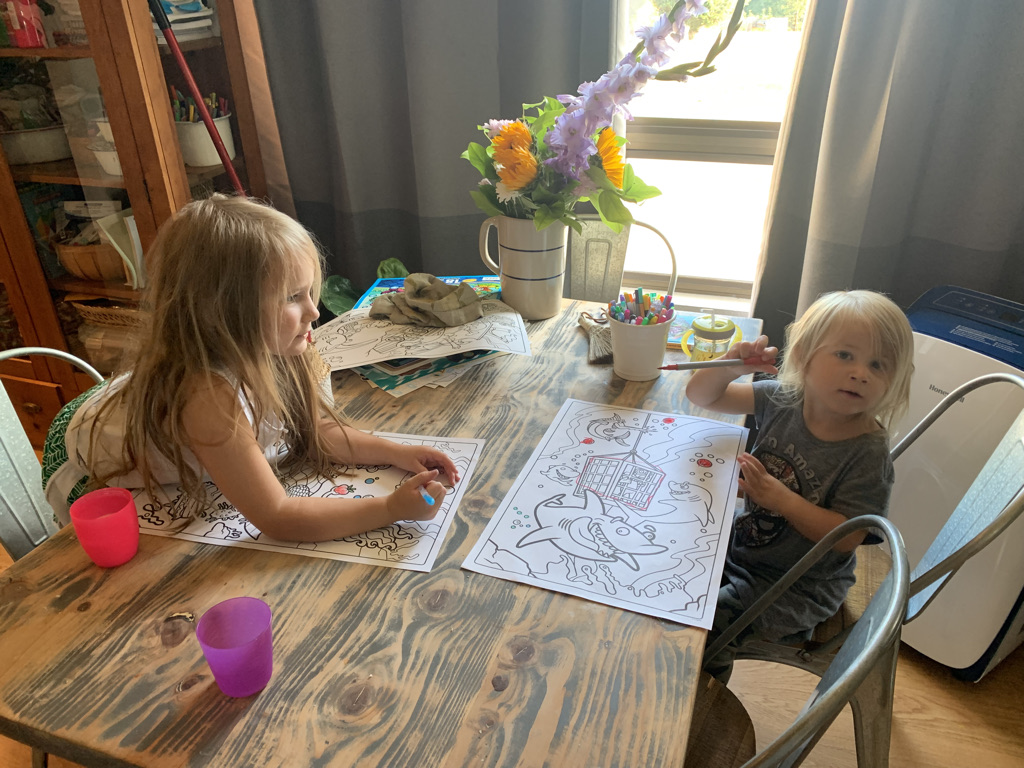We were privileged to have Becca at our DTS. These are my reflections on her teaching and I am attempting to take credit for anything. Please connect if you would like more professor details for your own study. She and her husband just happened to be in Switzerland climbing – among other things. She has a PhD in all things regarding trauma from abuse. I had a private hour with her and in that short, wonderful visit – she affirmed what I suspected. Most of us have suffered trauma. Life can be traumatic so carefully choose who you will do life with. Association can control our futures. An aside is that Becca is one of our professors who looked similar to me. I am making this point because I am older, also a gifted communicator, but I am the student! Sometimes I regret my career because it was indirectly instead of directly useful for building God’s Kingdom but God does redeem the time. He is our Redeemer.
One of the first things Becca said is that people go into missions because of God but leave because of people. We have all heard the stories and we embarrass ourselves when we act like everyone else in the world. There are some healthy examples of relationships in the Bible: Paul – Timothy, Esther – Mordecai, Ruth – Naomi, Hosea – Gomer, Moses – Aaron. Here we have mentor-mentee, foster father, mother-in-law, spouses, and brothers. God’s desire is to bless us with healthy relationships – people who are for us. God wants us to look whole instead of looking good. My favorite example is Facebook. Doesn’t anyone ever have a bad day on Facebook? On the dark side – why do more men leave their wives then wives leave husbands? If we have been hurt by anger, violence, abuse, unfaithfulness, addiction, used, given the silent treatment, blamed, and/or controlled, we are to surrender our hurts, prayerfully, to God. If we have inflicted any of this on a precious soul we are to confess, ask for forgiveness, and change.
Unhealthy people will be in unhealthy relationships. There are four traits found in an abuser in ministry. There are 15 (and you can probably think of more) ways to abuse. There are abusive root families with dysfunctions like: don’t discuss problems, do not express feelings, indirect instead of clear communication, daily guilt inducement, do as I say not as I do, it is not OK to play, and unrealistic expectations. Unhealthy control, hostility, distrust, dishonesty, disrespect, dependence, co-dependence, and intimidation. I know I am giving you lists, and incomplete at that, but these are the things we discussed. We were waiting in class for the RIGHT way to do things so here are some hopeful lists because God wants to bless us as we are His image-bearers.
We choose to undergird or undermine people. We crave belonging, trust, companionship, acceptance, happiness, shared values, love, adventure, and growth. Here are some scripture passages that explain how to do relationships God’s way (for further study): Eph 4:32, I Thes 5:11, Phil 2:3, James 5:16, Gal 5:13, Rom 15:7, and I John 4:11. A healthy family: listens, supports, respects, trusts, plays, shares responsibilities, teaches, has rituals (like attending worship together or watching a movie together), balances interaction, shares a religious core, values serving others, has “table” time, shares leisure time, and admits and discusses challenges.
Emotionally healthy people (another list): are true to themselves, accept others, are interested in others, communicates well, notices relationship pitfalls, practices problem-solving skills, and fosters relationship building skills. All of these traits build respect for oneself and others.

